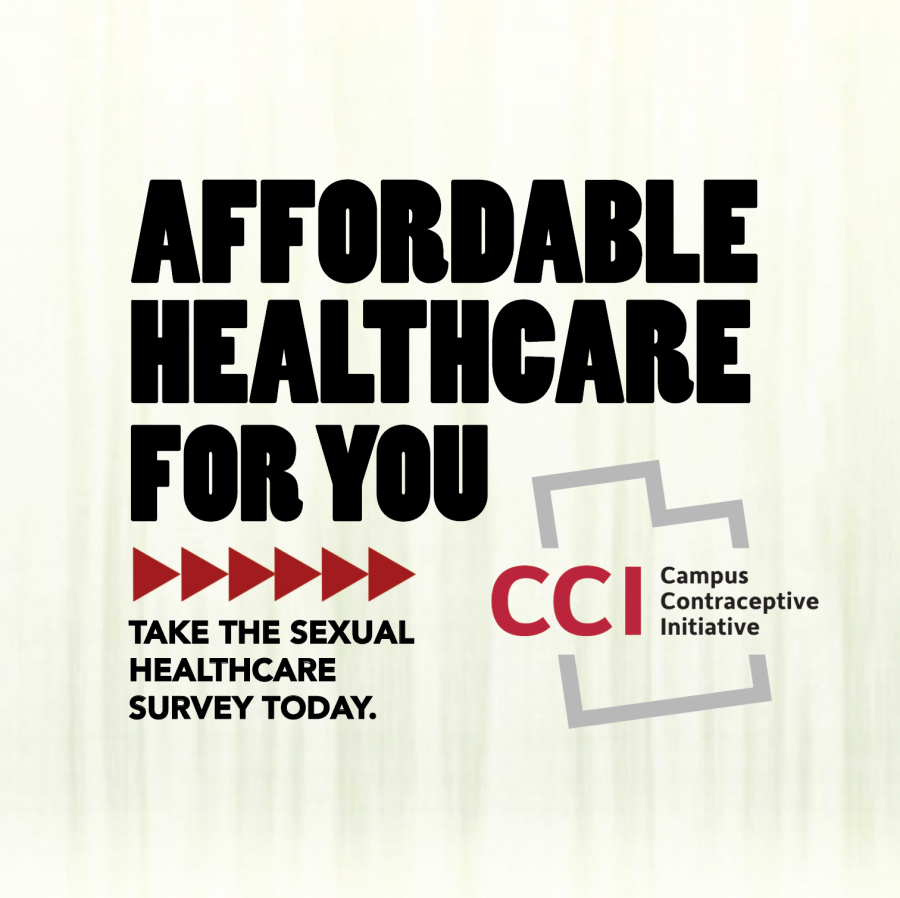The Campus Contraceptive Initiative (CCI) was started with the hopes of providing healthcare to students on campus at a low to free cost. They’ve been active since January and have expanded to an 80-person network with 20 routine members. They’re currently sending out a survey to all University of Utah Students to assess their healthcare needs. By three years, they aim to have low cost or no cost access to all birth control options on campus.
Grace Mason, founder and president of the organization said, “Students should have proper access and information. Our goal is to expand access on campus, include education and lower or no cost services.”
They recently formed a partnership with the Student Wellness and Student Health Centers. They are aiming to have low or no cost reproductive services across campus. For example, there are a lot of places to buy condoms on campus, but not many places to get them for free. There is now going to be a bowl of free condoms at the Student Health Center.
The biggest project CCI is working on is getting student responses for their surveym with a goal of 3,300 responses total. They’re reaching out to all student groups to gather more data on student health needs. The survey can be taken here. Students can enter a raffle for a $50 Amazon gift card upon completing the survey.
The goal of CCI is to improve access to family planning services. One of the advisors for CCI, Jessica Sanders, Ph.D., MSPH said, “Our goal is that everyone has access to family planning services if, when and where they want it. With that in mind, CCI is working to provide education through peer educators and access to healthcare services on campus through student health centers.”
Education surrounding sexual and reproductive health is also something the group is working on. Sanders explained, “There is a lack of public education surrounding sexual and reproductive health in our state. The potential for the lack of information or misinformation to negatively impact individuals, and society broadly, is especially true for adolescents … Education is a key aspect of reproductive autonomy and individuals opportunity.”
CCI’s parent organization, Family Planning Elevated (FPE) is working to expand healthcare access to all Utahns, including access to contraceptives. They don’t want cost to be a factor that stops people from having the contraceptive methods they need.
Kyl Myers, Ph.D., MPH, one of the advisors for CCI, explained the scope of FPE, “FPE focuses on two priority areas: One, ensuring health care providers are trained and confident to provide the full range of reversible contraceptive methods including IUDs and implants, and two, linking Utahns to resources including Medicaid and the Family Planning Elevated Contraceptive Access Program to help them access the contraceptive method they want without cost barriers.”
Reproductive health is often passed off as a “women’s issue,” but Sanders explained that it impacts all of us, “I think there is a silo-ing of reproductive health as a ‘women’s issue’ and sexual educations as a deviant behavior, when the reality is that reproductive health impacts everyone, at all stages of life, and across generations and that healthy sexuality is a central aspect of the human experience.”
CCI has faculty support and is continuing to expand. A student can get involved by emailing [email protected], joining the CCI newsletter or attending any of their meetings. They typically meet on Tuesdays at 3:30 p.m. Sanders said, “CCI also offers students a chance for leadership development and to engage with clinicians and researchers and be involved with professional development and educational opportunities in the field of women’s health.”


